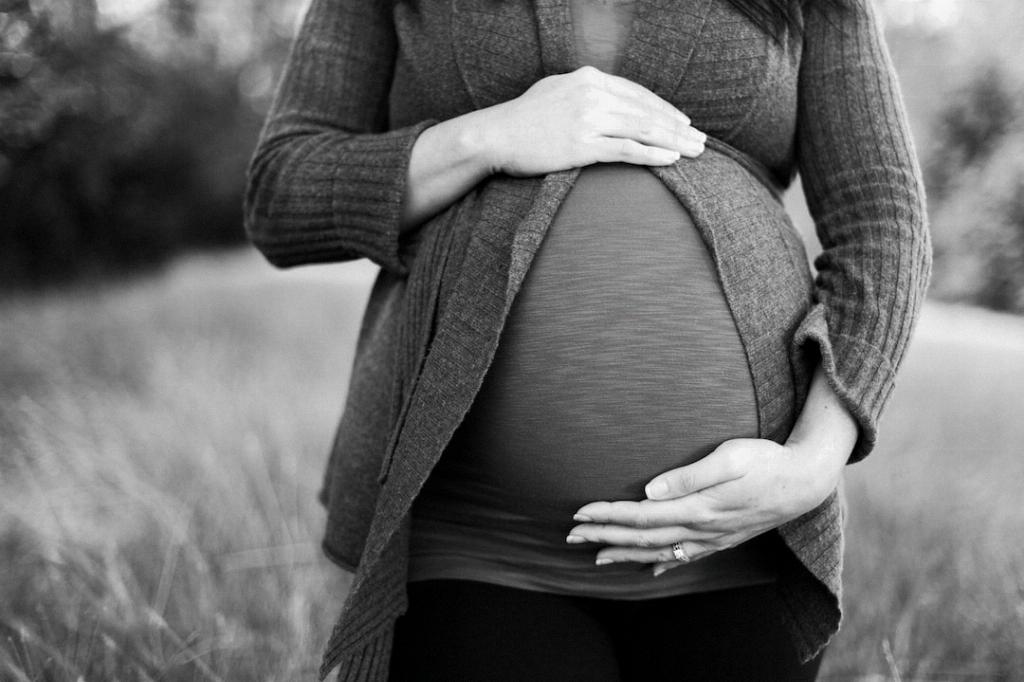Many women wonder about their fertility in their 40s, and it’s natural to have questions about conceiving at an older age. The truth is, fertility declines with age, but it’s still possible for a 41-year-old woman to get pregnant.
When a woman reaches her 40s, she may experience challenges with fertility due to a decrease in the number and quality of her eggs. However, it’s important to remember that fertility varies from person to person, and some women in their 40s can still conceive naturally.
Experts classify pregnancies in women over 35 as “advanced maternal age.” Despite this classification, many women in their 40s have successfully conceived and given birth to healthy babies. It’s not uncommon for women in their 40s to start families or expand their existing ones.
Advancements in reproductive technology have also made it easier for women in their 40s to conceive. Techniques such as in vitro fertilization (IVF) have helped many women overcome fertility issues and fulfill their dreams of becoming mothers.
It’s essential for women in their 40s who are considering pregnancy to consult with a fertility specialist to assess their reproductive health and explore their options. Fertility testing can provide valuable insights into a woman’s chances of conceiving naturally or with assistance.
Health factors also play a significant role in a woman’s ability to conceive in her 40s. Maintaining a healthy lifestyle, including a balanced diet and regular exercise, can positively impact fertility and overall reproductive health.
While the likelihood of getting pregnant naturally decreases with age, it’s not impossible for a 41-year-old woman to conceive. Being informed about fertility options and taking proactive steps to optimize reproductive health can increase the chances of successful conception.
For women in their 40s who are struggling to conceive, seeking support from a healthcare provider or fertility specialist can provide guidance and reassurance. Understanding the factors that may affect fertility and exploring treatment options can help women make informed decisions about their reproductive future.
Age is just one factor that impacts fertility, and many women in their 40s can still have healthy pregnancies and deliveries. It’s important to approach the journey to motherhood with optimism and a willingness to explore different pathways to conception.
Ultimately, every woman’s fertility journey is unique, and there is no one-size-fits-all answer to the question of whether a 41-year-old woman can get pregnant. By staying informed, seeking support, and considering all available options, women in their 40s can increase their chances of achieving a successful pregnancy.
While fertility may decline with age, the possibility of pregnancy at 41 is still within reach for many women. By understanding the factors that influence fertility and exploring all available options, women can make informed decisions about their reproductive health and take proactive steps towards achieving their desired outcome.
With advancements in reproductive technology and a better understanding of fertility, women in their 40s have more options than ever when it comes to family planning. By staying informed, seeking support, and advocating for their reproductive health, women can navigate the challenges of conceiving at an older age with confidence and positivity.

